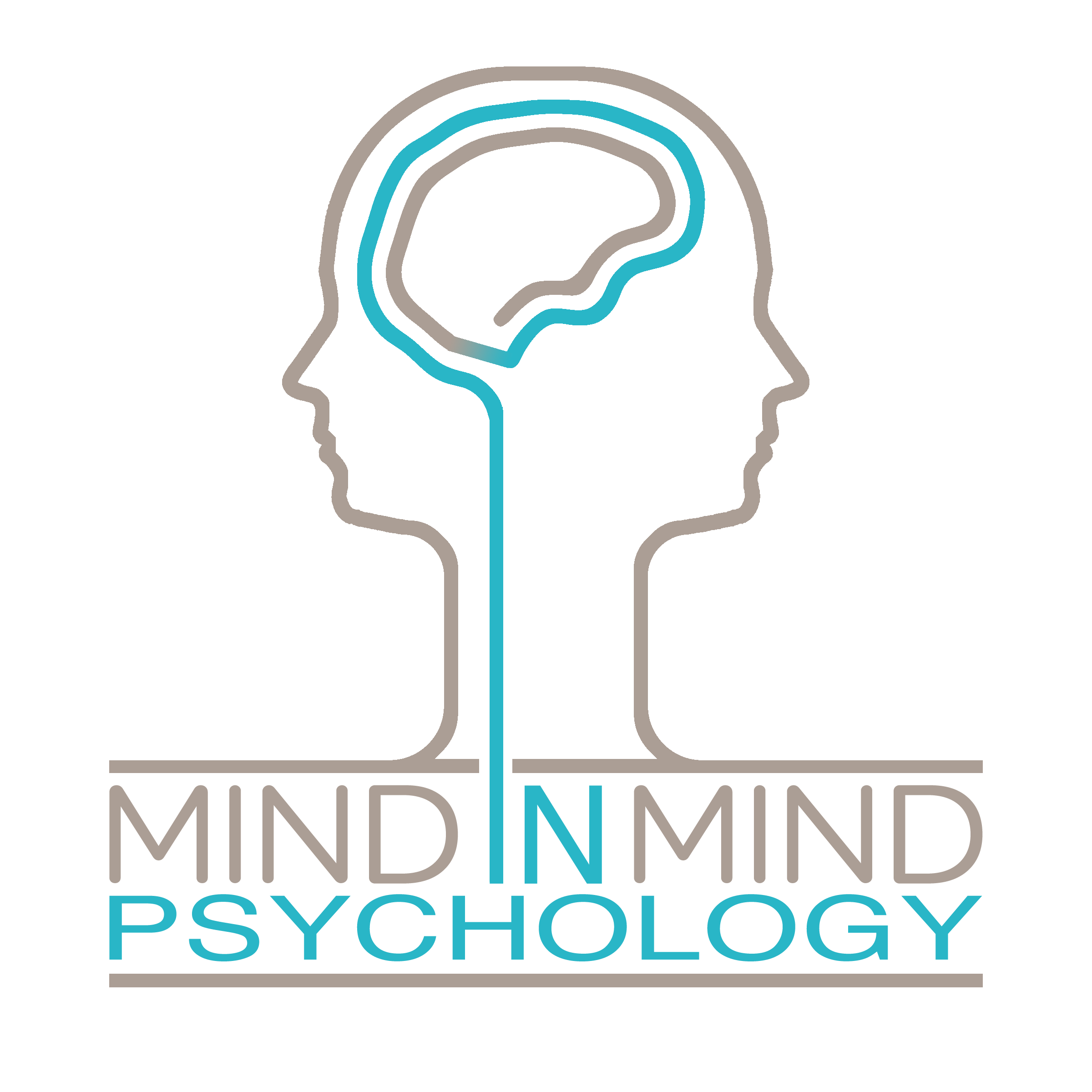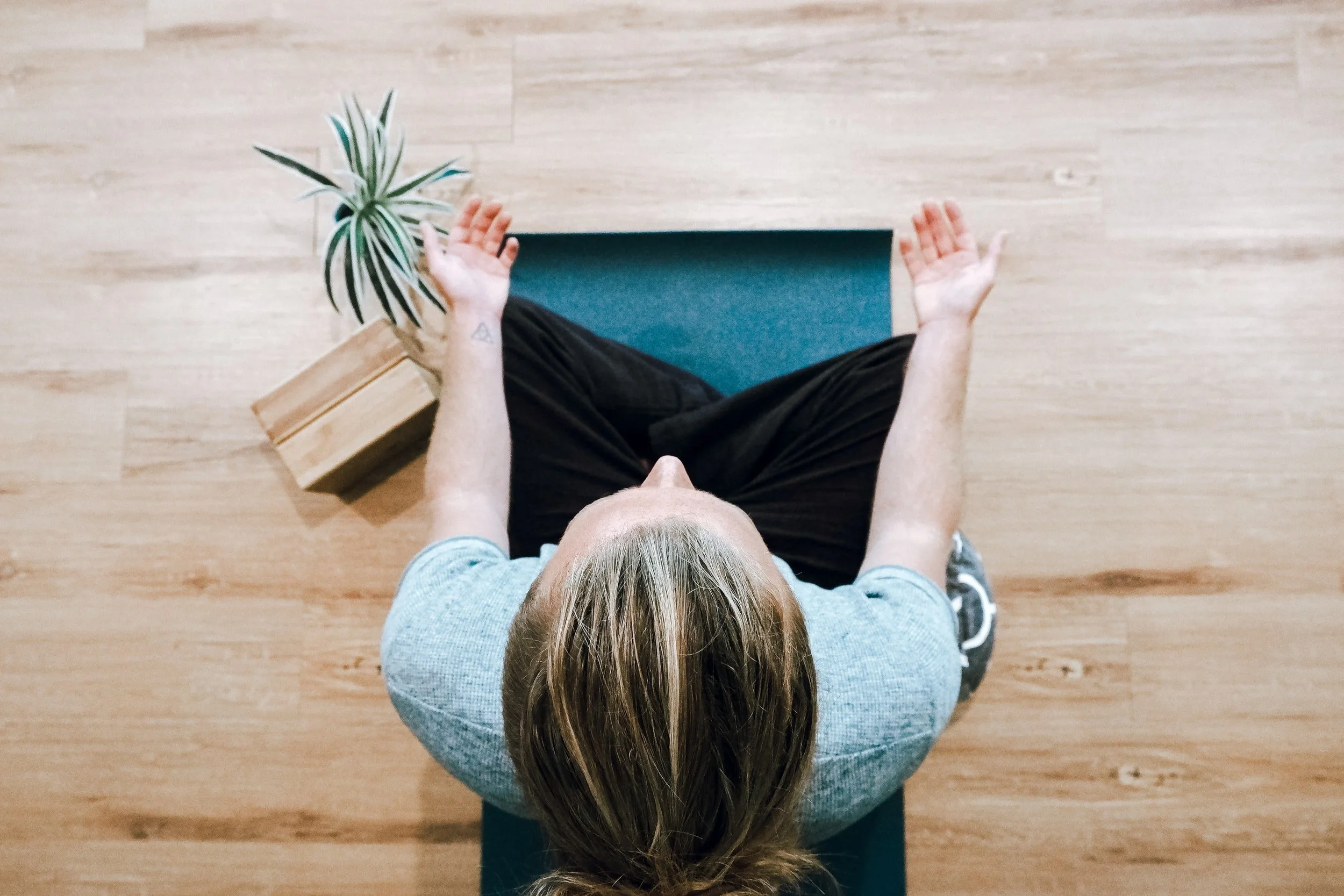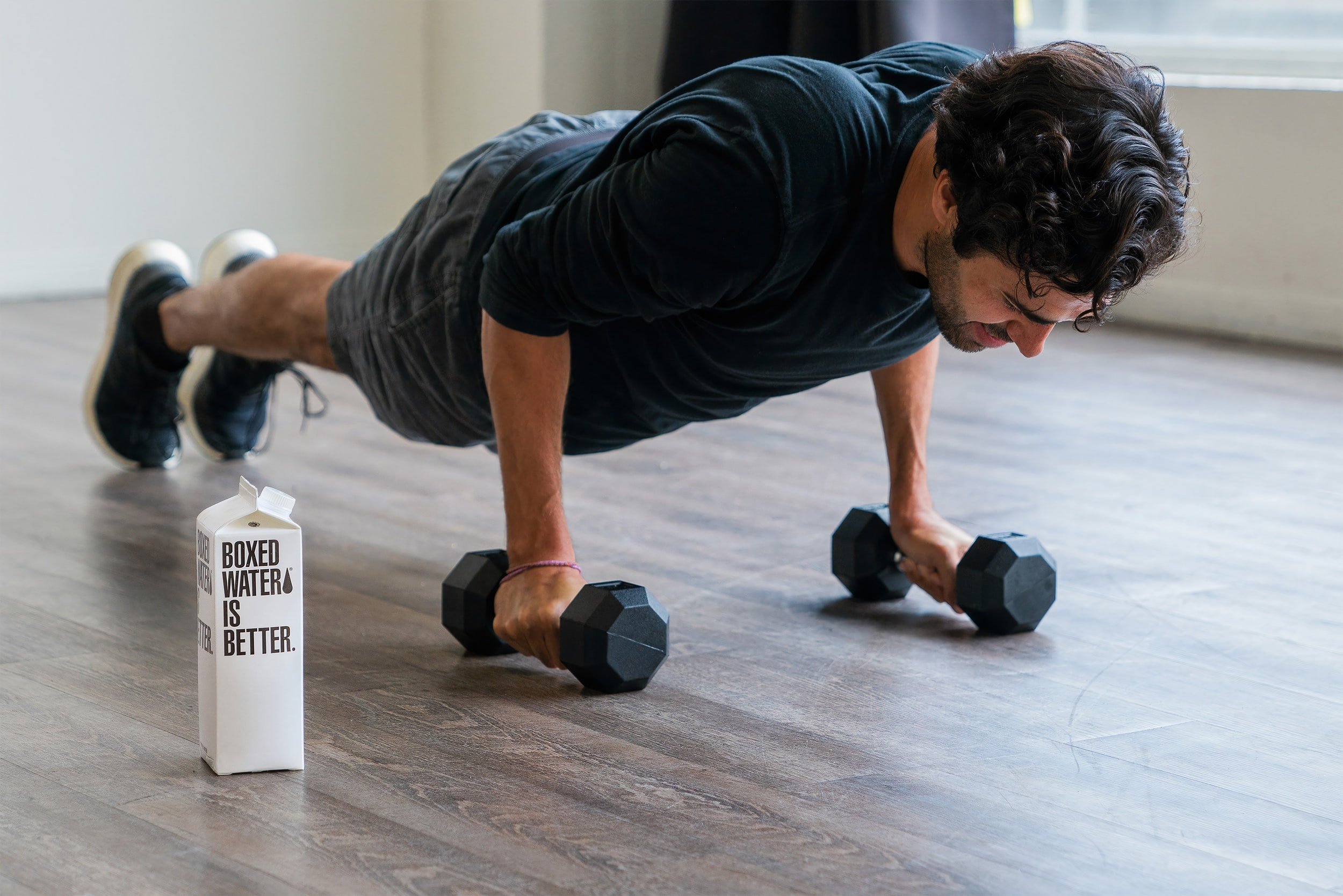Mindfulness and COVID-19
What is Mindfulness and how does it help?
Most of us like to have some sense of control and predictability in our lives. We like to be able to plan things and feel prepared. No one could have predicted or prepared for COVID-19.
When we try to take too much control over situations, we can wind up feeling stressed and anxious (thinking of all the what-ifs) or depressed (thinking that nothing ever goes the way we want).
The other thing that often happens is that we miss out on parts of our lives. Have you ever been driving on a familiar route and then suddenly realised that you missed your exit (you missed the journey or the scenery)? Or you’ve been chatting to someone but have no idea what they just said (you missed the personal connection)? You were probably ‘in your head’, thinking about something that just happened, or what might happen next.
Mindfulness is all about being in the present moment. We can’t control what has happened in the past, and we can’t control what will happen in the future; we can only control this moment…now.
So what is Mindfulness about?
It’s about getting out of your head and:
Observing or noticing our environment (rather than thinking or analysing it)
Taking a non-judgmental approach to situations
Living in the present moment
Mindfulness has been proven effective in managing stress, anxiety and depression. It’s a helpful skill to have and a useful one to practice, even at times when we think we don’t need it.
How does this apply to COVID-19?
Most of us are looking forward to this all being over so we can get on with our lives. And that’s ok! But being in lockdown is a situation that we don’t have a lot of control over and if we keep wishing to fast forward our lives, we might miss out on opportunities to create some happiness for ourselves right now. We are more likely to feel frustrated, anxious, or depressed.
If we focus on what’s happening in our lives today, at this moment, we can make active choices and take back a sense of control. We can feel empowered and less distressed.
Here’s a personal example (not COVID-related but it highlights the idea):
I used to drive to work along a route that had a lot of intersections and therefore lots of traffic lights. I was not great at giving myself a lot of time to get to work, so every time I got stopped at a red light I would become more and more frustrated… trying to estimate what time I would get to work, worrying about being late, wondering if I had time for a coffee (and annoyed at the prospect that I wouldn’t)…I was trying to control, plan and predict what would happen in my day, and I would eventually get to work feeling frustrated and snappy. I would probably deny myself a coffee (even if there was time) because I was caught up in this idea that ‘I was late and my day was ruined’. I would be more likely to forget to greet my colleagues (because I was still in my head planning how my day would go), and my frustration would snowball and continue to negatively affect me through the day.
The thing is that all this energy, stress and tension was wasted…I couldn’t control the traffic lights (or the traffic) and I couldn’t control what time I arrived at work (I probably should have left home earlier, but that’s another story). So, I decided to change my approach. Every time I was stopped at the traffic lights, I observed people crossing the road, as if I had never witnessed this before. I noticed what they wore (non-judgmentally), and considered if I had just arrived here, would I know what country I was in or what season it was? I watched how people navigated their way around each other, how they walked, how they interacted (or didn’t), how they looked (happy, stressed etc) and what were the signs that led me to that conclusion…I just observed. Taking this time to get out of my head and into the present didn’t change the time I arrived at work. It did, however, significantly change the attitude I brought to work. It positively influenced my mood, my interactions with colleagues, my productiveness and, at the end of the day, my sense of accomplishment and (ironically) feeling of control!
How do we practice Mindfulness?
You might associate Mindfulness with meditation and breathing exercises, or even yoga. These are certainly valuable exercises for grounding yourself in the present. There are plenty of resources for meditation and breathing, so I won’t repeat them here. Check out our Apps page for some suggestions.
There are other ways to practice Mindfulness that aren’t always considered and that we can integrate into our lives. Here are some examples:
Five Senses:
At any moment of your day, tune into one of your five senses. We do this all the time when we are on holidays, we soak everything up and we are immersed in the present. We actually experience the taste of food, we smell the aromas, we see the buildings or landscapes, we hear the sounds, and (depending on the location) we feel the warmth of the sun, the sand on our toes, or the cold on our skin.
Here are some ways to achieve a similar experience in your home environment, even if your environment is somewhat limited at the moment:
Sight – Pay attention to your surroundings. I guarantee that you will notice things you never noticed before – the colour of your neighbours house, the plants in their garden, the trees in the park. Watch the birds with curiosity, look at the sky, notice buildings and landscape – the textures, the shadows and the colours. Just observe and pay attention! Like I did with the people crossing the road..
Smell– Notice any smells in the garden, the smell of the soap in the shower or while you wash the dishes, the smell of food cooking. You can also create it – candles, scented moisturisers, room sprays…it’s just about that sensory experience.
Taste – Actually taste your food! Here is a link to a very common Mindfulness practice involving taste (the raisin experience)
Hearing – What can you hear – at any given moment? Sounds close by and sounds further away? Pick a moment and try to name 3 things you can hear – don’t judge them, just listen. If you are listening to music, pick an instrument and concentrate on that instrument throughout the song, then listen to the same song but pay attention to a different instrument.
Touch– Notice the feel of the wind or sun on different parts of your body when you’re out walking (starting with your head down to your toes or vice versa). In the shower, tune in to the pressure and the temperature of the water on different parts of your body. Walk barefoot on grass. When you go for a walk, what part of your foot hits the concrete first? As you are sitting there reading this post, can you pay attention to your back against the chair? Again, just take notice!
Any activity that keeps you focused on what you’re doing can be considered a mindfulness activity.
Think about any activity you do where you are totally immersed in the moment. A random example that I like to share is when I went target shooting (doesn’t sound synonymous with Mindfulness, I’m sure). But in that moment, I was focused entirely on my stance, my breathing and the wind.
Here are some ideas:
Mindfulness colouring – there are heaps of adult colouring books!
Singing – focusing on your breathing and remembering the lyrics
Craft, woodwork, knitting, art – as long as you’re focused on the task
Playing ‘I-spy’ – it will make you look at your environment!
Drinking water or tea – pay attention to feeling it move through your body
Take a bath – add some soap and smell the aroma or watch (and listen to) the bubbles as they pop
Sports or gym – tune into your body – your posture, the sensations you are experiencing, your breathing
Again, back to COVID…
We can’t control how long this will affect us, but we can still have some sense of control over how we live our lives. Slow down, observe your environment, focus on your activities, be present in interactions and experiences, make active decisions about how you want to use this time, disengage from unhelpful thoughts and take control of this moment. It sounds easy but it takes practice! Don’t judge yourself if your mind wonders…it’s expected!
Here’s a little challenge that I will leave you with:
Focus on three things that you can see, two things that you can hear and one thing that you can feel.
Did it give you a sense of calm for that moment?
Written by Dr Jennifer Menon, Clinical Psychologist and Founder of Mind in Mind Psychology, Melbourne



